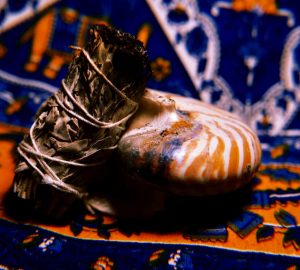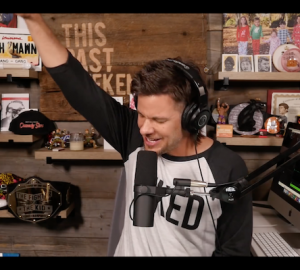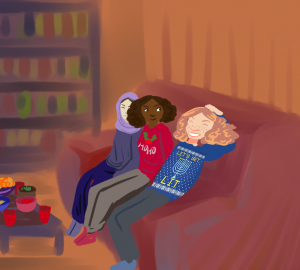I have been struggling with the concept of religion since I was old enough to know what religion was. I was sitting in the pews of my hometown church, surrounded by the word of God and the overzealous shouts of church-goers, who were filled with the Holy Spirit. Like every Sunday, I felt out of place and strange. I felt like a phony. I would bow my head in prayer and try to clear my thoughts long enough to hear the whispers of the Lord. Week after week I tried hard to accept Christ into my heart, a message that the congregation had already received, but it never came.
Family friends and members of the same church encouraged my mother to let me join the youth choir. In the name of God I obliged. I enjoyed singing with a group of friends, but I wasn’t there for them. I was on the quest for salvation. More like the quest to not rot in hell. And I couldn’t wrap my head around going to heaven. If they let me in, being happy for the rest of eternity sounded strange. What’s the point of happiness if you can never feel pain?
I felt shame for not “feeling” Christ when my Mother and friends said I should. I was terrified of the eternal damnation I was told I was destined for as a sinner. My last resort was baptism. A prayer was said, my head was dunked and I was reborn. The water might have washed away my relaxer, but it didn’t wash away my fear.
Letting go of the Holy Trinity didn’t happen in one day and was certainly not a flippant response to my unanswered prayers for better grades or a wider social circle. It has been eight years since my spiritual bath in front of the congregation, and I still can’t seem to line up the evidence or feel any overwhelming spirituality for a God I just can’t believe in.
The first question people ask me when I tell them I’m an atheist is: “How can you do the right thing without the Bible?” This is one of the very first questions I asked myself when I dabbled with the idea of life without God. The answer is simple — I don’t believe that God makes things right or wrong, because he says it’s so. We, as human beings, can and do make moral decisions on our own. We don’t choose not to kill because God says that it’s wrong. We don’t do it because our inner moral compass says that it’s wrong. When I first came to this concept of goodness without religion, I let go of the longing to know Christ. I began to let myself fully believe in the power of myself, and not in the power of something I didn’t really feel.
I still struggle daily with my belief that there is not a deity looking down on me, controlling my life like a game of chess. I still feel awkward when I tell people who knew me as a Christian that my ideas have changed. I am constantly having to explain that I am not burning Bibles, and that I don’t have a shrine to the Devil in my closet. Mostly because I got rid of him with God.
At this stage in my life, I accept and welcome life without God. I no longer fear the sting of Satan’s pitchfork or disappointment that there is no supernatural entity guiding and protecting me. Instead, I cherish the fact that my destiny is in my hands. I may be without religion, but to me, belonging to the church of Erin is even more powerful.























